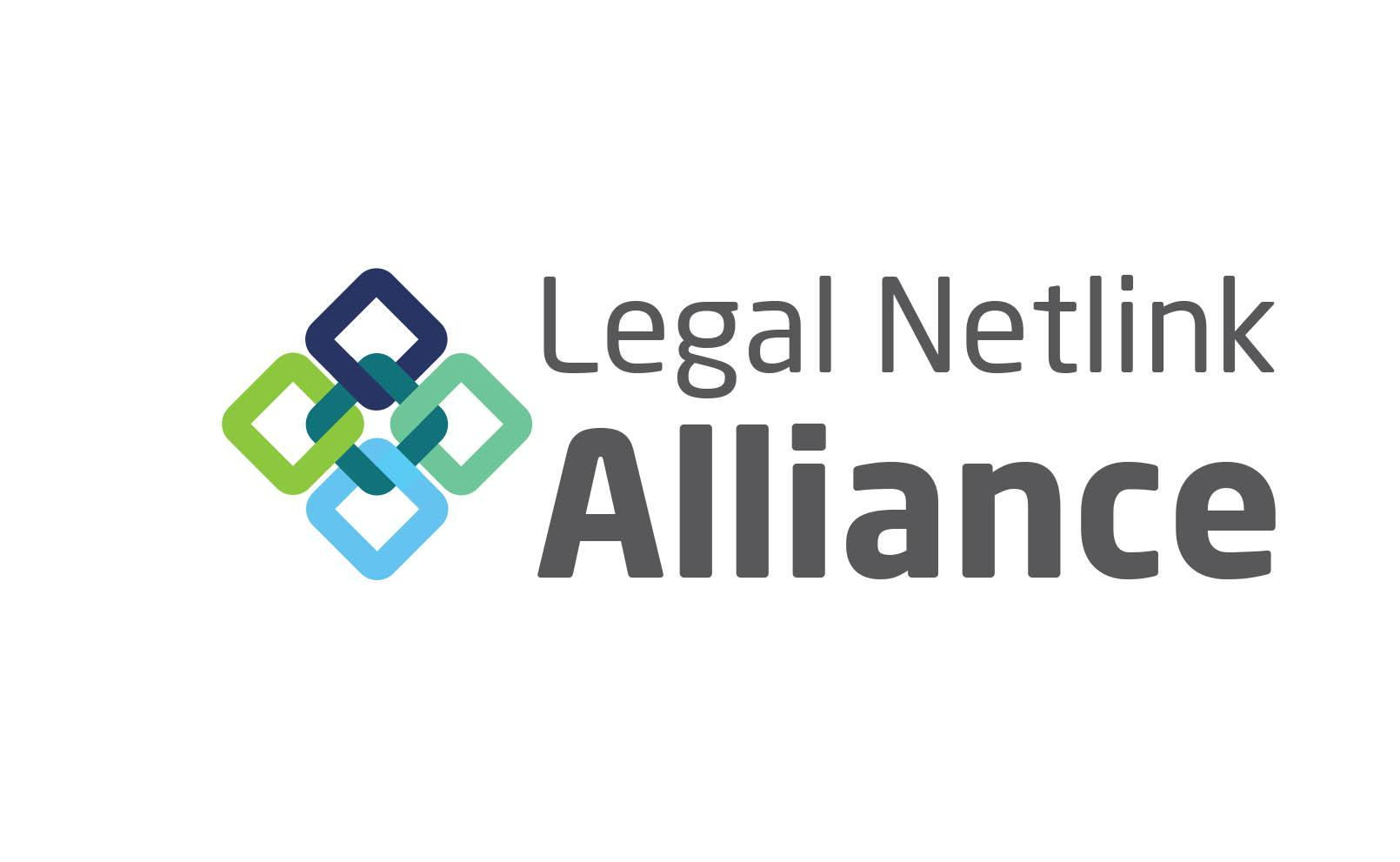Is it time to revisit the Fourth Amendment prohibition on illegal searches and seizures in the context of the recent tragedy in Orlando?
The text of the amendment is as follows: “The right of the people to be secure in their persons, houses, papers, and effects, against unreasonable searches and seizures, shall not be violated, and no Warrants shall issue, but upon probable cause, supported by Oath or affirmation, and particularly describing the place to be searched, and the persons or things to be seized.”

Generally, before law enforcement personnel can search our homes, search our computers or perform other invasive searches, they must first acquire a search warrant. A search warrant is generally only issued when sanctioned by the judiciary and supported by probable cause. Probable cause is determined by a court magistrate who reviews the totality of the circumstances and finds a reasonable basis for believing a crime has been committed or that evidence of a crime is present in the place to be searched.
Colloquially, the Fourth Amendment enforces the notion that every man’s home is his castle. But what if something sinister was going on behind the walls of some of the castles in America? What if the protective walls were shielding a terrorist preparing for an attack or a collaborator who helped?
Perhaps the answer is to revise the amendment so that the police do not have to procure warrants to search the computers or homes of suspected terrorists. Perhaps the answer is allowing the police to lower our drawbridges on their own notion.
Lessening the protections of the Fourth Amendment and giving police broader powers to search for and seize evidence of crimes without going through an established legal process would potentially make it easier to stop horrific crimes before they happen. The primary counterargument is that the Fourth Amendment was designed to keep law enforcement in check against invading our privacy. Without Fourth Amendment protections, we could be stopped and searched indiscriminately, whether on the street or in our homes.
There are no easy revisions to the Fourth Amendment, even in the aftermath of atrocities which revisions could have prevented. The tension between allowing the police to do their jobs and preserving our privacy has existed for centuries.
Given recent long-term reactions to terrorist and gun violence in America, it appears revisions to the Fourth Amendment are a long way off.

